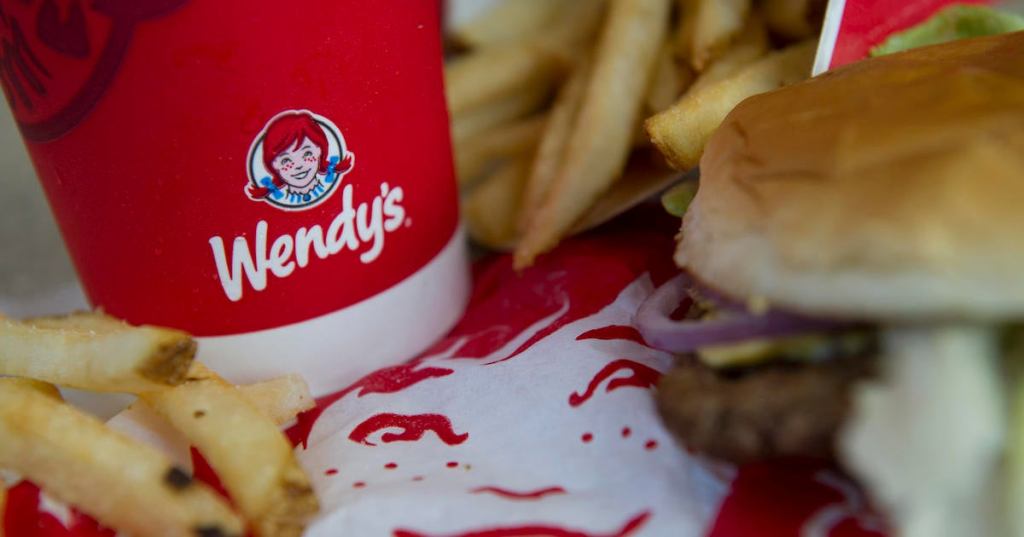-
SZA Admits Regret to Plastic Surgery Procedure
The singer previously spoke about getting the BBL in an interview with Elle Magazine.
-
Adult Film Star Emily Willis Gets Positive Health Update After Coma
The former adult performer’s condition isn’t likely to improve but her family is keeping hope.
Healthy Living
Healthy living updates and news on PopCulture.com










